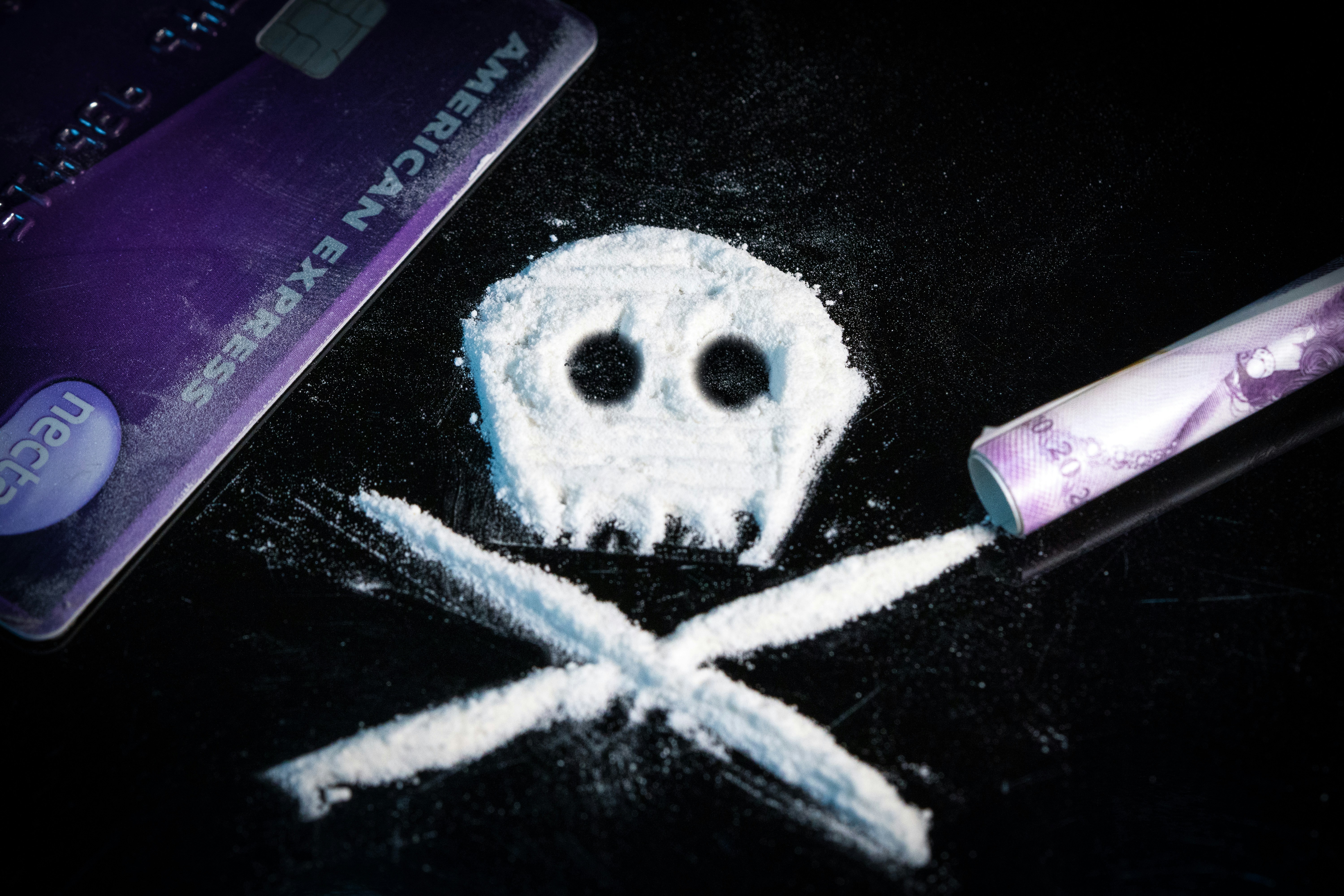Addiction relapse is a common aspect of addiction recovery, with high rates indicating it’s often part of the process, not a failure. It’s crucial to ask for help after a relapse, communicating openly with your support network and considering professional treatment options. Overcoming shame and rebuilding trust are key steps in establishing a sustainable path to long-term sobriety.
Relapse is a common part of the recovery journey for many individuals struggling with addiction. In fact, research shows that addiction relapse rates can range between 40 and 60 percent, indicating that setbacks are often more the rule than the exception. If you or someone you care about has recently relapsed, it’s crucial to remember that asking for help is not a sign of failure but rather an essential step towards healing and recovery. Read on to learn about the process of seeking relapse help after a setback, practical tips, emotional support strategies, and insights into effective recovery methods.
Understanding Relapse as Part of the Recovery Process
First and foremost, it’s important to recognize that substance abuse relapse is a common experience in the recovery journey. According to the National Institute on Drug Abuse, over 85 percent of people relapse within a year of treatment, with two-thirds returning to substance use within weeks of beginning their recovery journey. This statistic underscores the reality that relapse recovery is often part of the chronic nature of addiction, similar to the management of other chronic diseases like hypertension or diabetes.
Understanding this context can help alleviate feelings of shame and guilt that often accompany relapse. Instead of viewing relapse as a personal failure, consider it a signal that your recovery plan may need adjustments. This perspective shift can empower you to seek the relapse support you need to get back on track.
The Critical First Steps After a Relapse
What should I do right after a relapse? The immediate response to a relapse is crucial. The first 24 to 48 hours are often the most critical for intervention. Here are some actionable steps to take:
Ensure Physical Safety
If you’ve returned to using substances after a period of sobriety, your tolerance may have decreased, increasing the risk of overdose. Seek medical evaluation if necessary, especially if you were using opioids or alcohol.
Reach Out for Support
Contact your support network immediately. This could include friends, family, sponsors, or therapists. Research indicates that reaching out within the first day significantly improves recovery outcomes.
Reflect on the Relapse
Document your feelings and triggers leading to the relapse. This reflection can provide valuable insights for your therapist and help prevent future relapses.
Avoid Isolation
It’s easy to withdraw into shame, but isolation can exacerbate the situation. Surround yourself with supportive individuals who understand your journey.
Remove Triggers
If possible, distance yourself from environments or people that may encourage substance use. This proactive step can help mitigate cravings and reduce the likelihood of further relapses.
Communicating with Your Support Network
How do I tell my family I relapsed? Having open and honest conversations with family members about your relapse can be daunting. However, research shows that family support significantly influences recovery outcomes. Here are some tips for effective communication:
- Choose the right time and place: Find a private and calm setting to discuss your relapse. Avoid busy family events where distractions may hinder the conversation.
- Be honest and transparent: Share the circumstances surrounding your relapse, including emotional states and triggers. This helps family members understand the complexities of addiction rather than attributing it to a lack of willpower.
- Discuss safety measures: Reassure your family that you are taking steps to address the relapse, whether that means returning to therapy or attending support groups.
- Acknowledge their feelings: Family members may experience a range of emotions, including anger or disappointment. Allow them to express these feelings while reassuring them of your commitment to recovery.
- Set boundaries: Discuss any necessary boundaries that will help maintain a supportive environment for your recovery.
Professional Help and Treatment Options
Should I go back to rehab after a relapse? The decision to return to formal treatment depends on various factors, including the severity of the relapse and your support system. Research indicates that returning to rehab does not signify failure; instead, it may be a necessary adjustment in your recovery plan.
Evaluate Your Needs
If you find yourself unable to stop using substances after a relapse or if this is not your first relapse, returning to rehab or seeking intensive outpatient treatment may be beneficial.
Consider Therapy Options
Regular therapy can help you process the emotions surrounding your relapse. Discuss with your therapist what to say after a relapse, focusing on your feelings and the factors that led to the setback.
Explore Medication-Assisted Treatment
New advancements in addiction treatment, including personalized medication approaches, can help manage cravings and support recovery.
Utilize Telehealth Options
If returning to a physical treatment center is challenging, consider virtual therapy sessions or online support groups, which have become increasingly accessible.
Overcoming Shame and Guilt
Is it okay to feel ashamed after a relapse? It’s natural to experience feelings of guilt and shame, but it’s vital to understand the difference between guilt (feeling bad about actions) and shame (feeling bad about oneself). Research indicates that shame can perpetuate the addiction cycle, making it crucial to practice self-forgiveness.
- Acknowledge your feelings: Accept that feeling disappointed about your relapse is normal, but avoid allowing these feelings to define your self-worth.
- Practice self-compassion: Treat yourself with the same kindness you would offer a friend facing similar challenges. Engage in self-care activities that promote emotional healing.
- Seek professional support: Therapy can provide structured support for processing feelings of shame and guilt. Cognitive-behavioral therapy and group therapy can be particularly effective.
Rebuilding Trust and Relationships
Rebuilding trust after a relapse is essential, not only with family members but also within yourself. Trust restoration requires consistent actions over time.
- Communicate openly: Keep lines of communication open with family and friends. Share your recovery plans and involve them in your journey.
- Demonstrate consistency: Show commitment to your recovery through consistent actions. This could involve attending support meetings, therapy sessions, and engaging in sober activities.
- Be patient: Understand that rebuilding trust takes time. Be prepared for family members to have concerns, and work together to address them.
- Engage in family therapy: Consider family therapy as a way to navigate complex emotions and improve communication within the family unit.
Creating a Sustainable Path Forward
The journey of recovery is ongoing, and establishing a sustainable path requires proactive strategies. Here are some tips to help you stay on track:
Develop a Relapse Prevention Plan
Identify your triggers and create a structured plan detailing coping strategies, emergency contacts, and steps to take if you feel vulnerable.
Find a Support Group
Engaging with a support group can provide accountability and shared experiences. Look for groups like Alcoholics Anonymous or SMART Recovery that resonate with your needs.
Focus on Physical Wellbeing
Prioritize your physical health through regular exercise, a balanced diet, and adequate sleep. The acronym HALT (Hungry, Angry, Lonely, Tired) can serve as a helpful self-check.
Engage in Meaningful Activities
Pursue hobbies, volunteer work, or educational goals that provide fulfillment beyond substance avoidance. This can help foster a sense of purpose.
Regularly Review Your Progress
Continuously assess your recovery plan and make adjustments as needed. Flexibility is key to adapting to life’s changing circumstances.
If you or someone you know is struggling with addiction, Mountainside can help. From medical detox to extended care, we offer individualized and comprehensive treatment plans. Speak with an admissions specialist today to discover your options.
If you or a loved one is struggling with addiction, Mountainside can help.
Click here or call (888) 833-4676 to speak with one of our addiction treatment experts.

 By
By 







